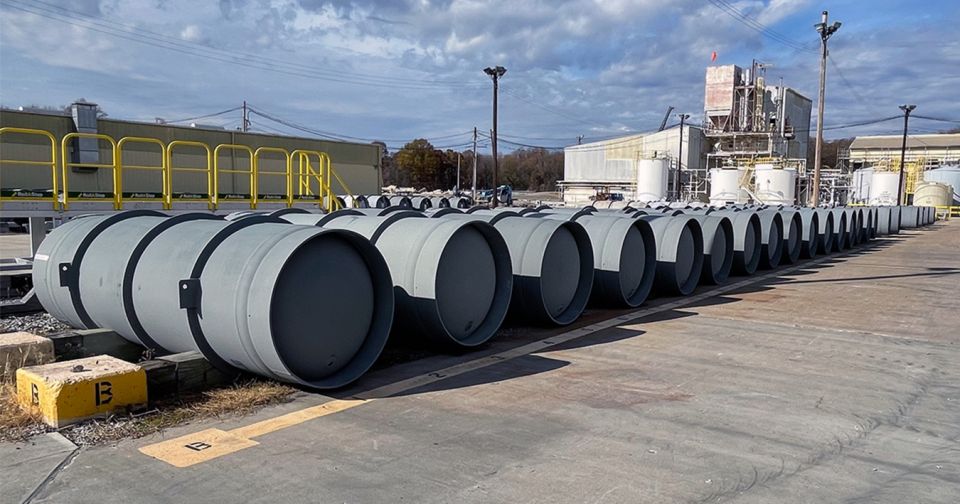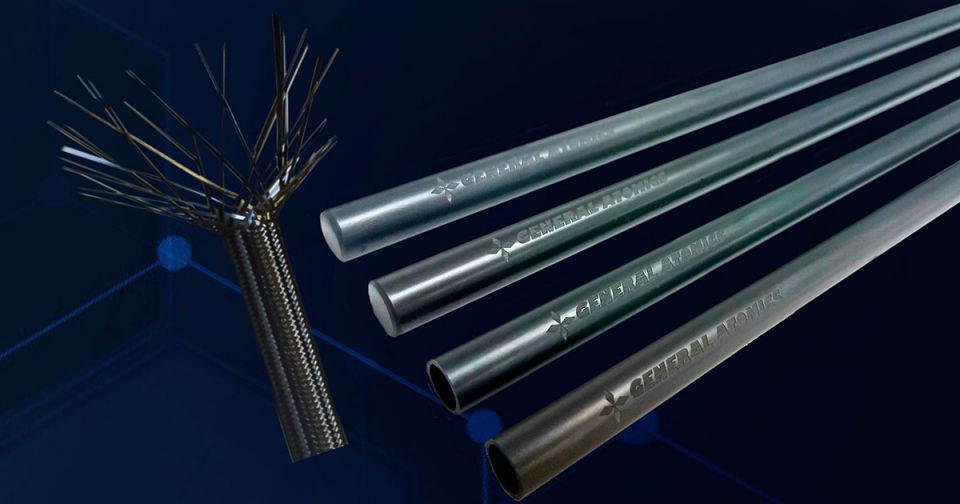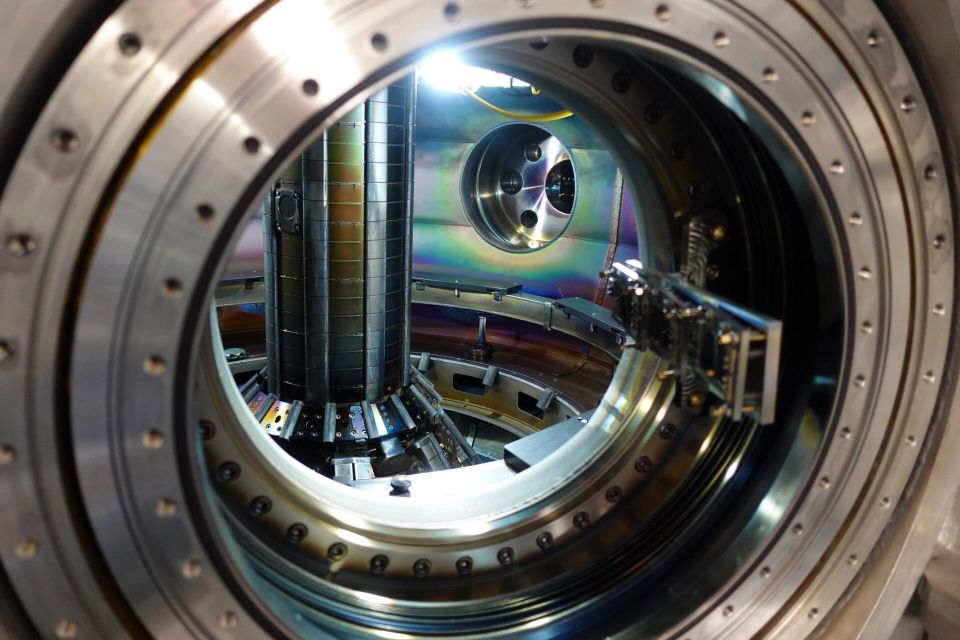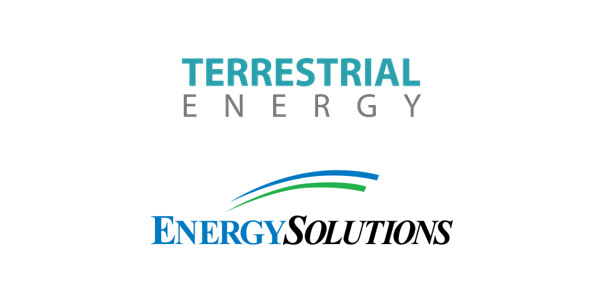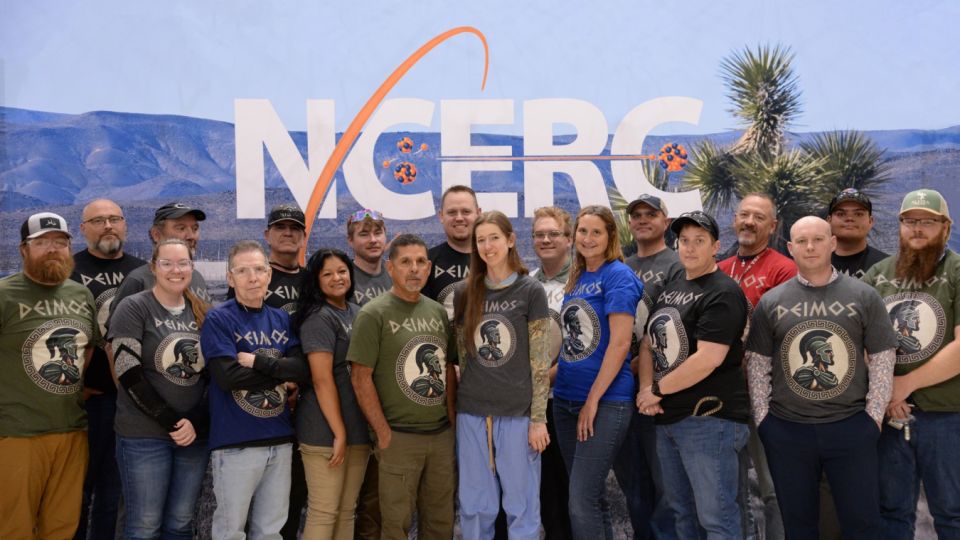Still in need of HALEU, DOE issues RFP for post-enrichment services
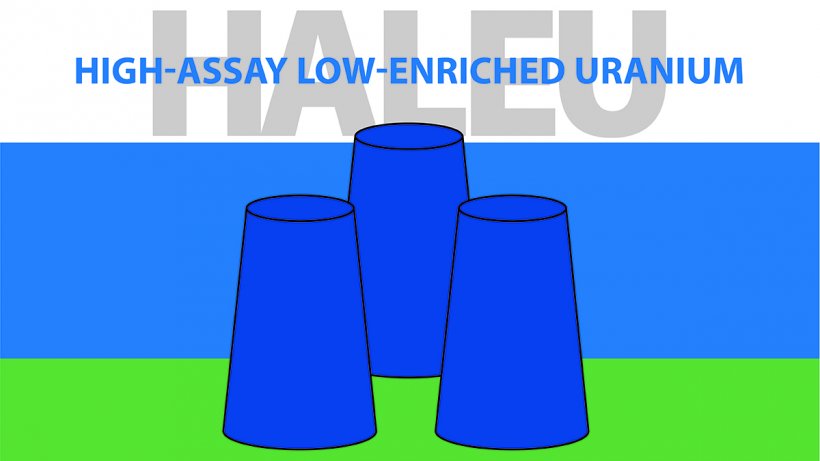
The Department of Energy plans to award one or more contracts to deconvert high-assay low-enriched uranium (HALEU) from its post-enrichment gaseous uranium hexafluoride (UF6) state to other chemical forms, such as metal or oxide. The DOE’s final request for proposals (RFP) for deconversion services was issued November 28 as one part of the agency’s effort—under the HALEU Availability Program—to establish a reliable domestic supply of advanced reactor fuel. The DOE will store the deconverted material until it is required by a fuel fabricator or other end user.



